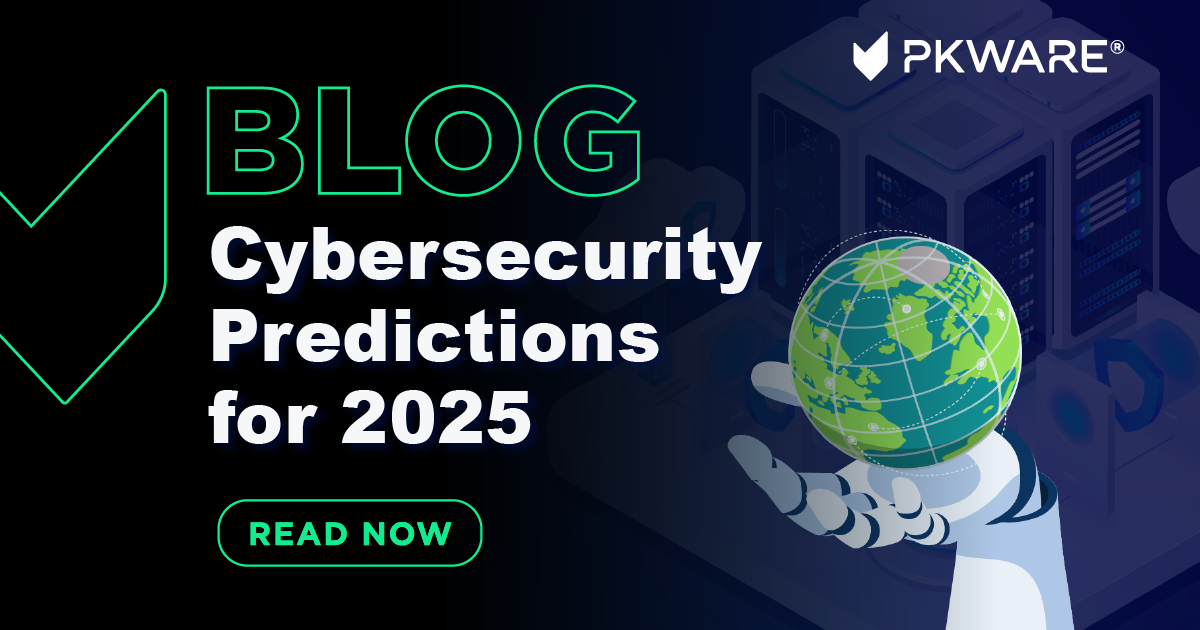Understand new cyber attacks and how to prevent them.
Wiki Article
Future-Proof Your Company: Key Cybersecurity Predictions You Need to Know
As organizations face the accelerating speed of digital improvement, understanding the advancing landscape of cybersecurity is important for long-term durability. Forecasts suggest a substantial uptick in AI-driven cyber risks, along with heightened governing scrutiny and the critical shift in the direction of No Count on Style.Rise of AI-Driven Cyber Dangers

Among one of the most concerning developments is using AI in developing deepfakes and phishing systems that are remarkably convincing. Cybercriminals can fabricate audio and video material, impersonating executives or trusted individuals, to control sufferers right into disclosing delicate details or accrediting fraudulent transactions. Additionally, AI-driven malware can adapt in real-time to evade detection by traditional security steps.
Organizations should recognize the urgent need to bolster their cybersecurity frameworks to combat these evolving threats. This includes investing in advanced hazard discovery systems, cultivating a society of cybersecurity understanding, and carrying out robust incident response strategies. As the landscape of cyber hazards changes, positive steps become crucial for protecting sensitive information and maintaining organization integrity in an increasingly electronic world.
Raised Concentrate On Information Personal Privacy
Exactly how can organizations effectively navigate the expanding focus on data personal privacy in today's electronic landscape? As regulative frameworks evolve and customer expectations rise, organizations need to prioritize durable data personal privacy methods. This involves taking on detailed data administration policies that make certain the honest handling of individual info. Organizations should perform regular audits to analyze compliance with regulations such as GDPR and CCPA, recognizing prospective vulnerabilities that could bring about data breaches.Purchasing worker training is crucial, as personnel recognition directly affects information protection. Organizations ought to cultivate a society of privacy, motivating staff members to understand the significance of guarding delicate information. Furthermore, leveraging technology to improve information security is crucial. Implementing sophisticated file encryption approaches and secure data storage services can dramatically mitigate risks related to unauthorized gain access to.
Cooperation with lawful and IT groups is crucial to straighten information personal privacy efforts with service objectives. Organizations ought to also engage with stakeholders, including customers, to connect their commitment to information personal privacy transparently. By proactively resolving information privacy issues, companies can build count on and enhance their credibility, inevitably adding to long-lasting success in an increasingly scrutinized digital environment.
The Change to No Count On Design
In response to the advancing hazard landscape, companies are progressively adopting Zero Trust fund Design (ZTA) as a fundamental cybersecurity strategy. This strategy is predicated on the principle of "never ever depend on, constantly confirm," which mandates constant verification of customer identities, tools, and information, no matter their area within or outside the network boundary.Transitioning to ZTA entails applying identity and accessibility administration (IAM) remedies, micro-segmentation, and least-privilege gain access to controls. By granularly controlling accessibility to sources, organizations can minimize the risk of expert risks and decrease the effect of external violations. ZTA incorporates durable surveillance and analytics capabilities, permitting organizations to find and respond to anomalies in real-time.

The shift to ZTA is also fueled by the raising fostering of cloud services and remote work, which have actually increased the assault surface (Deepfake Social Engineering Attacks). Conventional perimeter-based safety and security models are not enough in this brand-new landscape, making ZTA a more resilient and flexible framework
As cyber dangers continue to expand in class, the adoption of Absolutely no Depend on principles will certainly be vital for organizations looking for to safeguard their properties and preserve regulatory conformity while guaranteeing organization connection in an uncertain setting.
Regulatory Adjustments on the Horizon

Upcoming policies are anticipated to deal with a variety of issues, including information personal privacy, violation notification, and occurrence feedback protocols. The General Information Defense Law (GDPR) in Europe has established a criterion, and comparable frameworks are emerging in other areas, such as the USA with the proposed federal personal privacy regulations. These regulations typically impose stringent fines for non-compliance, highlighting the requirement for companies to prioritize their cybersecurity actions.
Additionally, industries such as finance, health care, and crucial framework are most likely to face much more rigid needs, mirroring the sensitive nature of the data they deal with. Compliance will not simply be a legal responsibility however an important part of structure trust fund with consumers and stakeholders. Organizations needs to remain in advance of these modifications, integrating regulative requirements into their cybersecurity methods to make sure durability and safeguard their possessions efficiently.
Importance of Cybersecurity Training
Why is cybersecurity training an essential element of an organization's defense technique? In a period where cyber dangers are increasingly innovative, organizations must identify that their employees are often the very first line of defense. Efficient cybersecurity training gears up team with the understanding to recognize prospective hazards, such as phishing assaults, malware, and social design strategies.
By cultivating a culture of security understanding, companies can substantially reduce the threat of human mistake, which is a leading cause of information violations. Regular training sessions make certain that employees remain educated about the most recent risks and finest techniques, thus boosting their ability to respond suitably to incidents.
Additionally, cybersecurity training advertises compliance with regulative needs, reducing the danger of lawful effects and punitive damages. It additionally empowers employees to take ownership of their duty in the company's safety and security framework, causing an aggressive rather than reactive method to cybersecurity.
Final Thought
In verdict, the progressing landscape of cybersecurity needs aggressive actions to address emerging dangers. The increase of AI-driven attacks, paired with increased data personal privacy worries and the transition to No Trust Design, demands a comprehensive approach to security.Report this wiki page